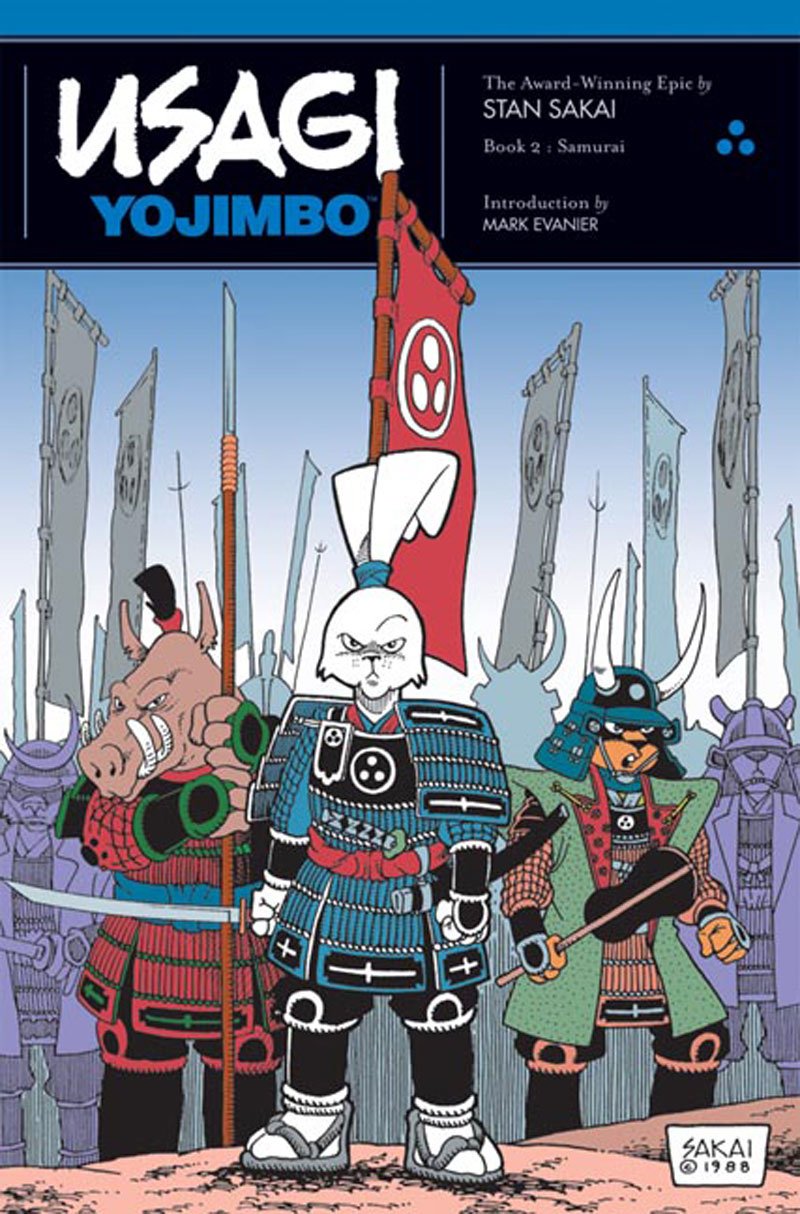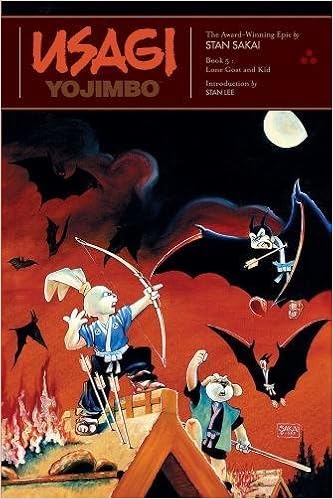Feinstein,
John (2017) Backfield
Boys New York: Farrar Straus Giroux, 2017.

Opening Lines: Tom Jefferson was staring into the rapidly
setting sun, hands on hips, wondering what to do next. It was just a game of touch football on a
November afternoon, but he didn’t want to lose to the private school kids.
Tom
“Bull’s Eye” Jefferson and Jason “White Lightning” Roddin have grown up in New
York City as friends since the early
grades, partly based on their common love of football. Tom is an excellent quarterback and Jason a
remarkably fast wide receiver. When they
both get recruited to attend a prep school in the south that is known for its
alumni who went on to play pro ball, they leap at the chance. But when they get to the school they find it
a much different place than they imagined.
The
trouble starts when Tom is assigned to be a wide receiver and Jason is assigned
to train with the quarterbacks. When
they bring up the mistake with the coaches, they are met with stubborn
belligerence and punishment for questioning authority. They had signed up to room together but find
that they have been assigned other roommates.
Based on some of the comments from the coaches, they begin to wonder
whether the problem might be that Tom is African-American and Jason is
Jewish.
Tom
and Jason enlist the help of some new friends, including Jason’s roommate who,
despite his stereotypical name Billy-Bob, is eager to help fight the
discrimination; and also two local reporters.
With the reporters’ encouragement, Tom and Jason start to find out more
about the school they are attending, including some interesting connections
between the founder of the school and David Duke of the Ku Klux Klan.
While
author John Feinstein is known for skillfully weaving together sports and
mystery, this book proves he can also tackle social justice issues in realistic
and inspiring ways. This book models
critical questioning and engages readers in thinking about social justice
issues ranging from the prevalence of concussions in football to racist
responses to interracial dating and systemic discrimination and how to combat
it. Feinstein includes a bit of civil
rights history, religious discrimination, and even some presidential politics
in the mix as well. The final product is
a highly engaging sports mystery that will get readers thinking about civil
disobedience and working for justice.
This would work best for middle school and high school. Excellent book.
(Note, this review was originally written for the ALAN Review and appears on their webpage)
Crutcher, Chris (1995) Ironman. New York: HarperCollins.
Opening
Lines: October 10. Dear Larry [King], At 4:30 each morning I waken to your
voice. I lie transfixed until five –
when I haul my aching body out of the sack for another in a series of infinite
workouts – listening to the wise men and loons of yesterdays airways deliver opinions
on everything from the hole in the ozone to antidepressants (Dick Cavett and
Patty Duke swear by them; Scientologists swear at them) to racism (You smell
out racial prejudice like my dad smells out democrats) to the most effective methods
to forever rid oneself of fat globules and cellulite (there aren’t any) to the whereabouts
of Elvis (Jeffrey Dahmer ate him).
This may be the best book I read in
2017. Bo is an angry triathlete. He became a triathlete when an argument with
the track coach cased him to quit track.
His anger keeps getting him in trouble at school and he is close to being
kicked out forever His last chance is to
take an after-school anger management class taught by Mr. Nak, an Asian transplant
of a teacher form Texas – kind of a Japanese-American Cowboy. In the anger management class, Bo meets a
girl named Shelly, who is training for American Gladiator. He also meets a collection of misfits who
seem ready to disagree about anything with the slightest provocation. There is lots in here about bigotry, generalizations,
fear of what is different and learning to get along – but the most important
part of the story is just that it is a really good story.
The
main conflict in the story really gets rolling when we realize that Bo’s Dad is
trying to sabotage his chances of completing and Ironman run. And, like most of Crutcher’s work, this book
is not afraid to dig into some pretty deep territory.
At
one point in the book, Mr Nak has confronted Bo’s father and ends up explaining
that he works with high school kids partly because, when he was drinking one
night, he was driving his kids home and he flipped the car, killing his kids. Bo’s father responds
“’So you figure you can
pay for your sins working with other people’s children? That’s admirable, but…’
Nak’s smile is humorless ‘You
don’t pay for that kind of sin, sir. You
beg the universe to teach you the quality of mercy, is what you do, so you can
get from one day to the next.’”
Of
course, that quote doesn’t mean much when you don’t know the whole story behind
it, so you may just have to take my word for it. Ironmanis
a powerful book about anger, friendship, romance, letting go, and triumphing. You should read it.
It
would be a great book to study in high school, or to add to a high school
library. But it is important to know
that there are some references to sex, though no explicit description, and that
there are some vulgar words, though they are used sparingly. I would argue, however, that the strong message
of the book offsets those less savory aspects of it.
Bauer, Joan
(2016) Soar. New York: Viking.
Opening
lines: “I am probably twelve years
old. That’s what the doctors think. I could have been born anywhere, but it was most
likely Indianapolis, Indiana – at least, that’s where I decided I was born,
because that was where I was found.
Specifically I was found at Computer Partners Ltd. In the snack room,
right by the coffee pot.”
In the times we are living in, there
is a lot of excellent YA Literature that is giving us a chance to see into the
lives of those who are victims of injustice, those whose lives are derailed by
war, refugee status, misunderstanding, and struggle. But sometimes we need a story about baseball
and hope.
Jerimiah
was abandoned as a baby in an IT company breakroom. He was found by a socially awkward computer
programmer who eventually adopted him.
As he grew, his heart began to fail.
He received a heart transplant, but has to avoid too much exertion until
his body fully accepts the heart.
Jerimiah’s favorite thing in the world is baseball. So when Walt needs to take a temporary
assignment in Hillcrest, Ohio, and when Jerimiah finds out that the town is
obsessed with baseball, her persuades Walt to take him along. Jerimiah dreams of managing a middle school
team.
When they arrive, he makes fast
friends with Franny. Who lives next door, and soon finds out that Hillcrest’s
baseball program is being dismantled because of a steroids scandal. Will
Jerimiah give up on his dream or find a way to bring baseball back, the way it
is supposed to be.
This is a great baseball book. It is also a great story about a kid
overcoming physical challenges. But in
this story, baseball doesn’t serve as a path to glory and victory so much as it
is a path to community and restoration.
It reminds me of Jason Reynold’s Ghost
in that way.
This
would make an amazing middle school read-aloud, or it could be studied as part
of a sports unit. It also would be a
decent book to read aloud to a phys ed class in ten minute bits while they are
stretching out in the beginning of class.
Nothing
offensive here.
Sakai, Stan
(1987) Usagi Yojimbo: Book 2 Samurai. Seattle:
Fantagraphics

Sakai, Stan
(1989) Usagi Yojimbo, Book 5. Seattle: Fantagraphics

Opening panels:: This is from page 3, the first dialogue, just after Usagi duels against a rhino.

Usagi is a
rabbit who trains with a discredited Sensai (who is an anthropomorphic lion)
and becomes a samurai, then when the feudal lord he works for is killed, Usagi becomes
a masterless samurai or Ronin who wanders the countryside writing wrongs and
fighting corruption, bullying, and evil.
Usagi is an
honorable rabbit, avoiding violence whenever possible, but fighting for the
poor and against those who are dishonorable.
Part of the joy of these books, though, is that Sakai has crafted a
world which is a wonderful place to spend time in. It is detailed, often
beautiful, and besides the anthropomorphic animals who live within an feudal Japanese
culture and seem to be the dominant life form, there are also these cute little
tiny brontosauruses that pop up everywhere (sort of like rabbits do in our
world).
Sakai also
has a delightful sense of humor. In book
5, Usagi encounters Lone Goat and Kid, a clear reference to the classic series
of comics about Lone Wolf and Cub. Throughout
the books I found myself chuckling when Usagi beats incredible odds against
him, usually through cleverness and hard earned skill, and those who have done
wrong to others, get what is coming to them.
It is nice to spend some time in a world where justice prevails and the
little guy comes out on top.
Plus, there is something awesome about a rabbit in samurai armor.
And yes, you are right. This book is maybe a stretch in terms of being related to sports. But I would encourage you to read it and correct me if I am wrong, but Usagi’s system of honor looks to me an awful lot like good sportsmanship. These books could be read by a middle school phys ed class and would lead to a great discussion of sportsmanship that goes beyond the usual lip service it receives.
These books would be ideal for fourth grade and up. These is some violence here, but nothing gory. In a couple of the stories, Usagi does drink Saki (wine), but never to excess and he seems to usually prefer tea. Sometimes the bad guys are shown to be drunk, but the story dose not dwell on it.
Usagi is so helpful, really impressed by this character.
ReplyDeleteReference: https://www.desireclinic.in/